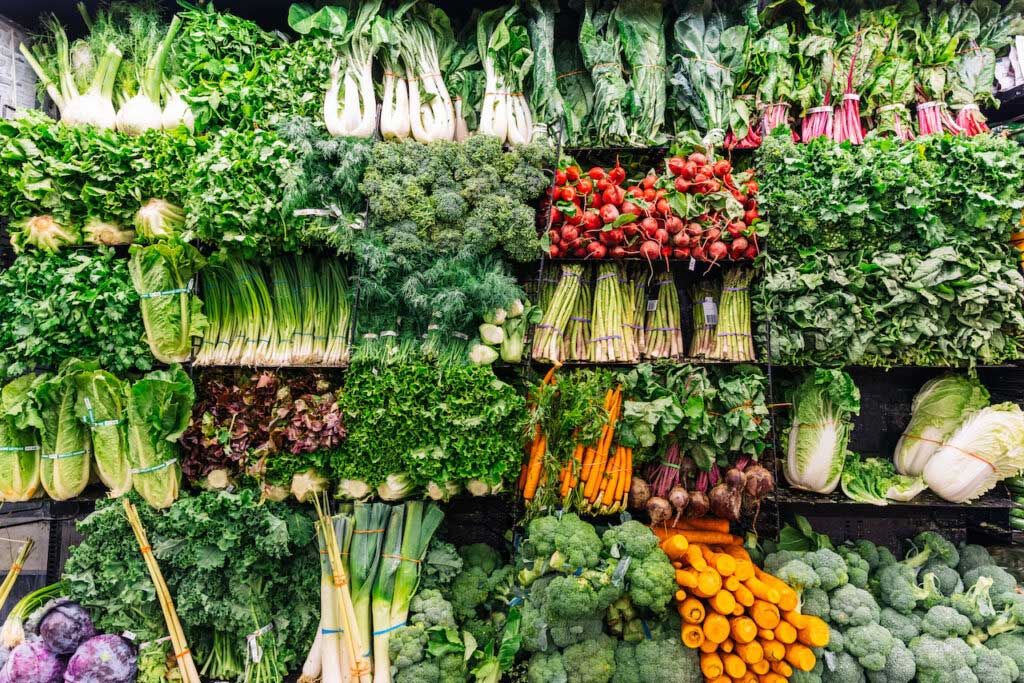At ParentData, I’m always looking to experiment, to figure out more useful and exciting ways to deliver content. I know you all come here for many reasons — to see data about your specific parenting questions, to feel seen by each other in Wins and Woes, to find out what else people are asking about.
I also know a major reason many of you come is to bring down the level of panic. Sometimes (I’m thinking gas stoves) a topic is big enough to need a whole post. Other times, it’s small enough to fit in a Q&A (UV nail dryers). And sometimes it’s right in between. I realized recently that we need a space for this. A space to comment on these things that aren’t significant enough for their own post but are maybe a bit too long or in-depth for a Q&A. And so today, a new series: “Panic Headlines.”
Panic Headlines will come your way every few weeks, and I’ll aim to cover headlines that came through to me from readers in a panic.
Oh: and if you want to suggest headlines for future weeks, please email them to ask@parentdata.org.
“Ultra-processed foods may increase ovarian, other cancer risks, study says” —Washington Post
Another study says! Studies are saying so much these days.
This one prompted a lot of Instagram DMs from you all, asking whether you had to cancel your family’s beloved Friday frozen-pizza night. The first paragraph of this article indicates that breakfast cereals are one of the no-no foods, which is a concern for those of us who do not want to make our children a cheese omelet every morning.
So: are Rice Chex off-limits? Let’s investigate.
The study is here. This is a standard observational diet study, in this case run in the U.K. About 200,000 participants were surveyed about their diet between 2009 and 2012 and then followed until 2021. Diet measures were based on 24-hour recall, meaning the researchers asked people: list all the stuff you ate in the past 24 hours. This is a standard approach, though not without its issues. They classified foods as “ultra-processed” based on a NOVA classification system. Basically, things like fruit and vegetables and fresh/frozen meat are on one side, and soda/Twinkies/snacks are on the other.
The participants were then followed through 2021 and the incidence of cancer and other illnesses was recorded. The study finds that increasing ultra-processed food consumption causes a small increase in cancer, notably in ovarian cancer. The magnitudes are a little hard to interpret, but 22% of the average diet is ultra-processed foods. Increasing this to 32% is predicted to increase the overall cancer rate by 2%.
As is standard in this type of paper, the authors present summary statistics on differences across the groups based on their ultra-processed food consumption. Here are some characteristics, measured at baseline, that differ significantly across the ultra-processed food consumption levels: income, education, exercise, smoking, race, weight, height, cardiovascular disease, diabetes, depression, use of hormone therapy, number of children, menopausal status, where they live, and consumption of carbohydrates, fat, and other nutrients.
It’s everything. Every characteristic is different. These are just really different people, with different resources, different behaviors, different family histories, different underlying health conditions. In their analyses, the authors attempt to adjust for the differences they observe in the data. However, as I have said many times before, this is difficult to impossible to do well, given all the differences you do not see. To look at these groups and then attribute differences in health outcomes across them to breakfast cereal is… really pushing it.
There are other issues. Even putting aside the clear biases in the data, when they look at outcomes, they mostly find nothing. There is a tiny increase in all cancers, a larger increase in ovarian cancer, and a larger decrease in head and neck cancers. But for most of the cancer types they look at, there is no impact. With so many outcomes, there are concerns about multiple hypothesis testing, and it’s not even clear that we should see the ovarian cancer effects as significant.
This is all a bit moot, though, since the entire analysis is on a deeply flawed premise.
Is it a good idea to exclusively eat processed foods? Almost certainly not. Having some carrots and kale and apples is great. Maybe Cheetos are a “sometimes” food. But this kind of data doesn’t tell us anything specific about any particular kind of food. And certainly to conclude from it that you cannot have family pizza night once a week is totally unwarranted.
Community Guidelines
















Log in